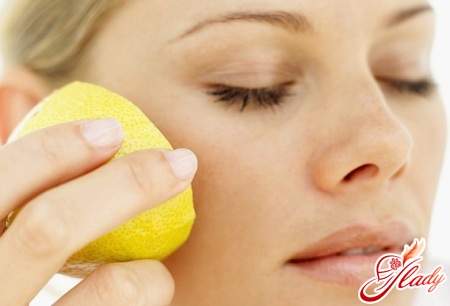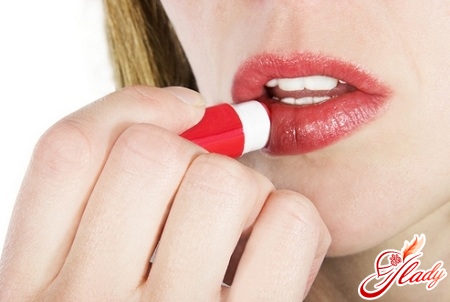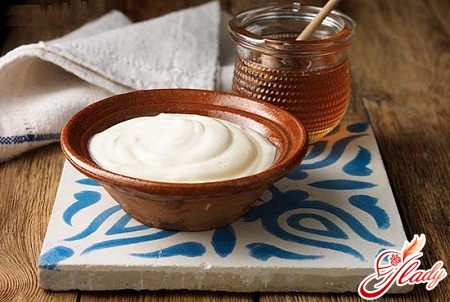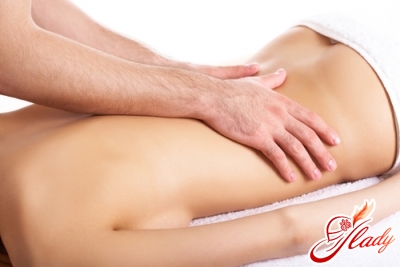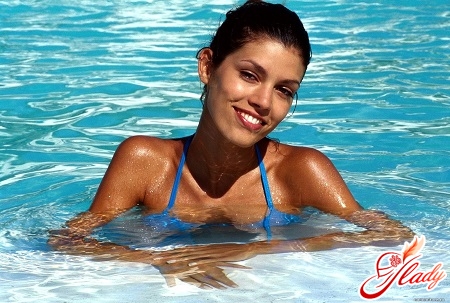
In the middle of the last century, doctors describeda rare and unpleasant disease called "aquagenic urticaria". Nowadays, this disease is better known as water allergy, and doctors' opinions on this disease differ, and effective treatment remains only a dream of allergy sufferers. Some experts believe that water allergy as such does not exist, since an allergic reaction is caused not by the water itself, but by the impurities contained in it. For example, rashes may appear on the hands from contact with tap water, and in this case, the reaction is caused by chlorine dissolved in the water. There is also an allergy to sea water, and in this case the body reacts to the mineral and organic substances that sea water is saturated with, and not to the hydrogen-oxygen compound itself. And what is popularly known as an allergy to cold water turns out to be a reaction to the cold, and not to the water itself. As a rule, if a child or adult develops an allergy to chlorinated tap water or sea water, then an examination reveals an increased content of not only histamine in the blood, but also immunoglobulin E, which indicates a malfunction of the immune system.

Symptoms of manifestation of aquatic urticaria
An allergic reaction may manifest itselfreddening of the skin, rash, and hives. The lesions are located on different parts of the body: on the arms, stomach, or thighs. A child's cheeks and neck may be covered in red spots, and rashes may also be found on the buttocks and under the knees. Hives are accompanied by severe, literally unbearable itching. If contact with water does not stop, the symptoms intensify: the area of the rash expands, the itching intensifies. An allergy to chlorine contained in tap water can cause coughing, and over time, chlorinated water can cause asthma. If the water contains an increased content of another halogen, fluorine, then the symptoms of a reaction to fluorine are supplemented, in addition to hives, by brown spots on the tooth enamel. An allergy to hot water, as a rule, occurs against the background of other skin problems. Hot water simply aggravates the manifestations of dermatitis caused by the body's reaction to other allergens. Fortunately, an allergic reaction to water is not accompanied by swelling and never causes anaphylactic shock. But other symptoms of the disease are quite serious and unpleasant, especially in a child.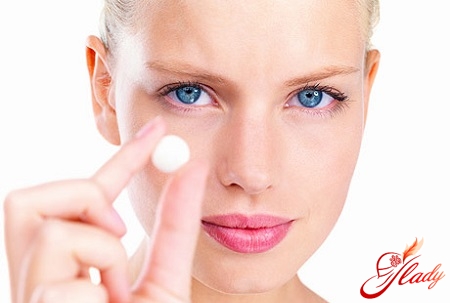
Treatment and prevention of aquatic urticaria
The first and necessary means, without whichtreatment is almost impossible - stopping contact with the allergen. Often the symptoms go away on their own within an hour or an hour and a half after the child's or adult's skin is wiped and dried. Urticaria spots gradually fade, itching stops, even if you do not take any medications. But in more severe cases, you cannot do without antihistamines. In order for the treatment to be successful, it is necessary to conduct a full examination of the body, since any allergic reaction is only a symptom of other disorders. As a rule, the history of a child suffering from allergies includes information about kidney or liver diseases, adrenal gland disorders. Often, an allergy to water appears after taking certain medications. A child fell ill with an acute respiratory infection or sore throat, he was prescribed antibiotics, the disease passed, and after a while it turns out that cold or sea water causes a rash and itching. For example, there is a known case when a child, Australian Ashley Morris, developed a severe allergic reaction to water after the girl was prescribed a large dose of penicillin to treat acute tonsillitis. The treatment of tonsillitis was successful, but the large dose of the antibiotic caused a side effect - aquagenic urticaria. A regular shower caused the child to develop intensely itchy red spots all over her body. The allergic symptoms disappeared after a couple of hours, but during this time the girl could scratch her skin until it bled. A similar reaction was caused by contact with any water: tap water, sea water, cold water, and hot water. The girl has now grown up, but she has not yet been able to cope with the disease. Ashley can spend no more than 1 minute in the shower every day, and even after this short-term contact with water, symptoms such as urticaria and itching do not give her peace for several hours. The girl cannot wash her hands, or wash her face, or even allow herself to be out in the rain without an umbrella. Doctors hope that over time the body will cope with the disease itself, but so far they cannot offer effective therapy. An allergy to water can also be caused by the presence of helminthic invasion, so it is necessary to regularly conduct an examination for helminthic infection and, if necessary, conduct treatment with anthelmintic drugs. There is a high risk of getting an allergy of any kind in a child whose parents treat themselves, without consulting a doctor, giving him certain medications. Treatment of any disease should be carried out by a doctor, and after a detailed examination.
Recommendations of specialists
If symptoms have been detected at least onceallergic reaction to water, you should always have an antihistamine prescribed by an allergist with you. After contact with water, you should apply an antihistamine cream or ointment to your skin. Often, the manifestation of the disease is aggravated by sunlight, in which case it is better to avoid sunbathing and try to stay in the shade. Symptoms may appear to a greater extent from the use of cosmetics, so you should choose hypoallergenic cosmetics.




